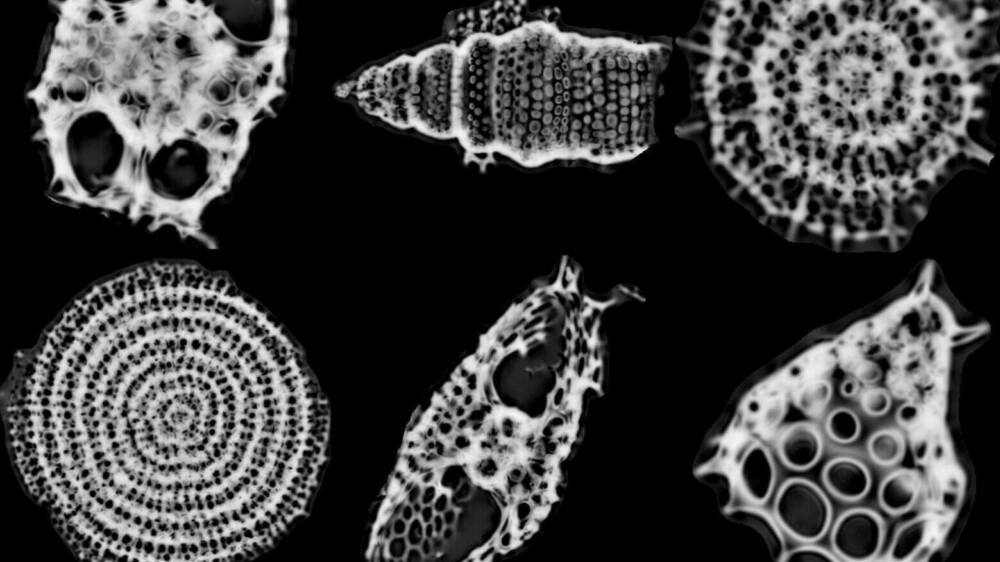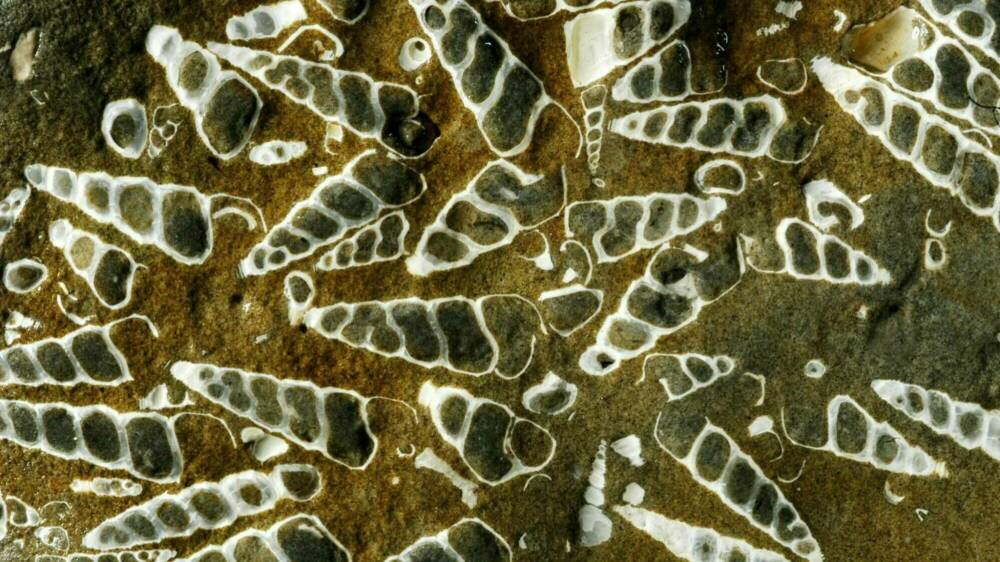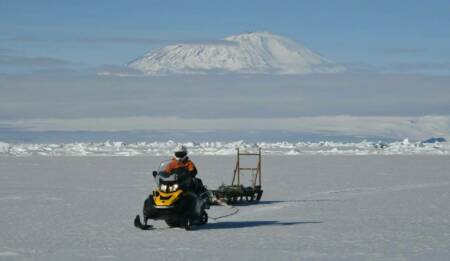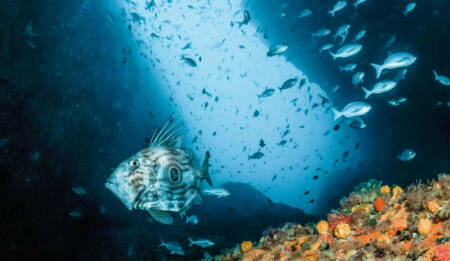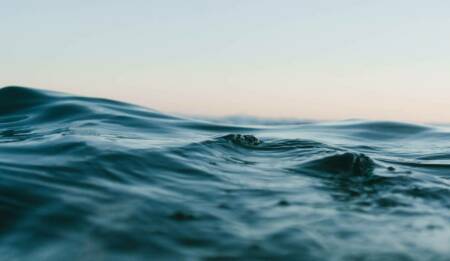Impact of past climate change on ocean circulation, sea temperatures and ecosystems in the Southern Ocean and Southwest Pacific
GNS Science studies past climate change to improve understanding of processes behind current, anthropogenic climate trends to visualise and quantify the consequences of a warmer climate on environment and organisms.

Background
Climate affects Earth’s ecosystems, stressing them with droughts, excess rainfall and shortage of resources that displace species, including our own.
Anthropogenic climate change is one of the main issues faced by our society today. The coming few decades can literally shape our future, with governments growing more concerned about the impacts of a future warmer world on our economy, well-being and environment.
The Paris Agreement set a goal to keep planet warming to below 2°C, to avoid the risks associated with exceeding the threshold.
Climate change is a complex mix of processes that affects how the atmosphere and ocean interact with each other, shaping many aspects of how the Earth system works. The ocean is very sensitive to warmer climate, plays an active role in it (as it can store excess greenhouse gases or, conversely, release carbon dioxide at high latitudes) and the organisms living in it can be impacted in multiple ways as oceanic currents become warmer or change their course and other characteristics. These changes can result in oceanic species, from microscopic plankton to whales, moving into new areas, being displaced from others, or becoming altogether extinct.
Project details
This research measures and improves understanding of the modern ocean. This knowledge is then used on the modern system to look into past records of both climate and environmental change to determine how warmer climates have impacted marine species. GNS Science uses a variety of approaches, from microscopic observation of tiny plankton species to highly complex computer model simulations, including sophisticated representations of physical, chemical and biological processes, to study how climate affects organisms living in the ocean.
What they hope to achieve
This allows better understanding of what the potential future scenarios that humanity will face over the next few centuries as a result of underway climate change would look like, and what will those conditions imply for our natural resources (water, biodiversity, fisheries) and environment.
Engagement
Climate has wide-ranging implications for Māori and New Zealand, as it can affect resource availability (including seafood and healthy ecosystems) but also hazards to our built infrastructure.
This research underpins many outreach and engagement initiatives within GNS that aim to raise awareness of the potential impacts of climate change with school students (Geocamp) and communities, especially Māori / te kura whenua. A recent example of these activities is Tūhura Papatūānuku Geo Noho.
GNS has also established the Ahunuku Scholarship scheme, which supports young Māori students working with its scientist on climate-related and Earth Sciences projects.
Information about many of the fossils used to understand past climate change is publicly available. This is a database of all the known fossil finds in New Zealand. Members of the public are welcome to email with finds or questions.

Resource

